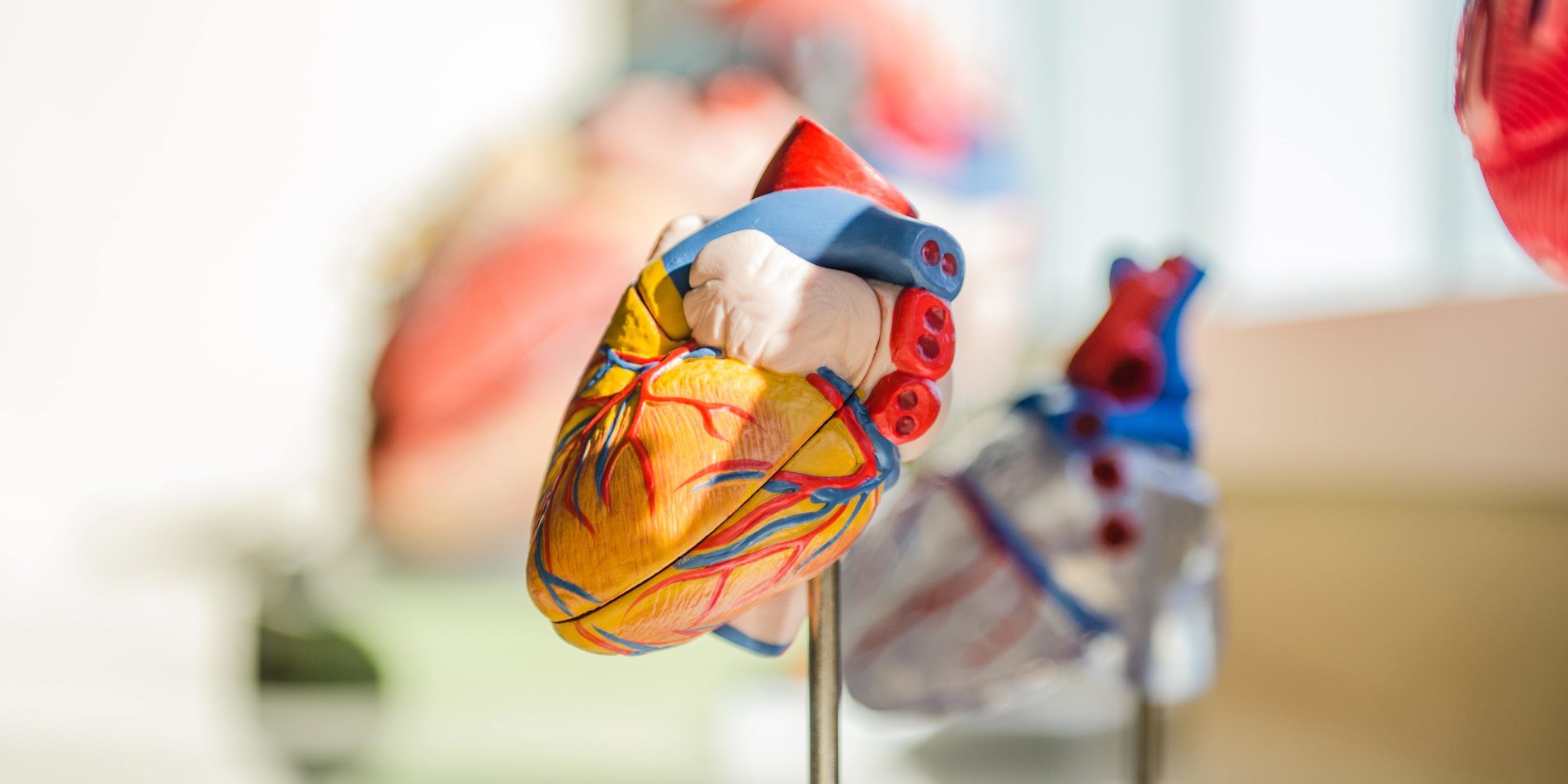ANES 74Q: Mending a Broken Heart: The Anatomy, Physiology, and Psychology of Congenital Heart Disease
General Education Requirements
Not currently certified for a requirement. Courses are typically considered for Ways certification a quarter in advance.
Course Description
Congenital heart defects are the most common type of birth defects and with improvements in surgical techniques and medical care these babies are living longer and healthier lives. Data indicates that approximately 1 million U.S. children and 1.2 million U.S. adults are living with congenital heart disease. Treating congenital heart disease requires an intimate understanding of complex embryology, anatomy, and physiology.
In this seminar we will look at the fascinating spectrum of anatomical changes that occur in some common congenital heart defects and how these changes can be corrected with various surgical procedures and medical care. Lectures will draw from real patient cases and students will have the opportunity to visit the Stanford Anatomy Lab, engage with virtual reality models of the heart, learn the basics of cardiac ultrasound, and hear from some of the frontline anesthesiologists, surgeons, cardiologists, and patients who straddle the line between life and death on a daily basis.
Meet the Instructor: M. Gail Boltz, Michael Ma, & Manchula Navaratnam
M. Gail Boltz

"I have always loved physiology and pharmacology and the interaction between the two. When I was trying to decide about residency choices, I was undecided between anesthesiology (combining both subjects) and my love of working with children. I was fascinated by pediatric anesthesiology and really loved the complexity of pediatric cardiac anesthesiology which brings all my interests together. Every day is different, and every patient is different, and challenging in their own way. The fields of congenital cardiac surgery and pediatric cardiology have really advanced over my career and I did not foresee some of the most exciting changes and where they would take my career as a result. We hope to take what seems complex on the outset and break it up to smaller topics and show you how interesting and fun this subject is for us. I am still learning every day and that is what I love about this field.
"It seems I have been a practicing pediatric anesthesiologist forever. I currently lead a fantastic team of pediatric cardiac anesthesiologists at Stanford Children’s Hospital. I am also a mom of two college kids and enjoy free time to goof off at the beach."
Michael Ma

“Hello! I remember fondly my own time as an undergraduate on The Farm, and the unique and intimate learning environment that the Introductory Seminars can provide. After completing a BS in Chemical Engineering, I spent a few years in management consulting before embarking on the long, at times arduous, but ultimately very rewarding path to becoming a physician. My focus now is on the surgical management of children born with heart disease, in clinical practice, translational research, and the ongoing education of future surgeons and other likeminded individuals who would like to contribute to the cause. Hope that this IntroSem can become one of many highlights in your time here!”
Manchula Navaratnam

"I am a pediatric cardiac anesthesiologist and have been working at Stanford Children's Hospital for the last 12 years. I graduated from Edinburgh University medical school and trained in anesthesia and intensive care medicine in the United Kingdom before embarking on a career in pediatric cardiac anesthesia. Throughout my career I have been actively engaged in teaching and directing courses on a local, regional, national and international level. I am always honored and humbled to care for children and adults with congenital heart disease. Not only am I continually fascinated by the combination of anatomy, physiology and pathology encountered in congenital heart disease, I am always amazed by the bravery, resilience and adaptability of these children and their parents. Together with my co-instructors and colleagues I am looking forward to the opportunity to introduce you to the diverse world of children with congenital heart disease."



